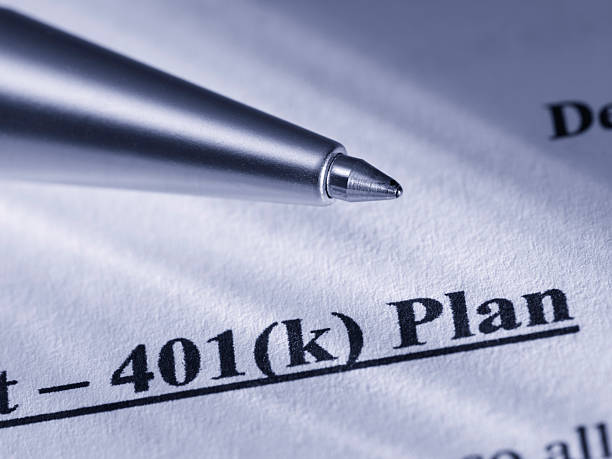More than 3 in 5 Americans (62%) feel behind on their emergency savings, according to a new Bankrate survey. That includes 26% who say they are slightly behind and 37% who say they are significantly behind.
In contrast, just 23% feel right on track with their emergency savings, while only 15% feel ahead (5% feel significantly ahead and 10% feel slightly ahead). Further, only 1 in 5 say they have more emergency savings now than at the beginning of the year (20%).
Click here for more information.
Older generations are more likely to feel behind on their emergency savings compared to younger generations. Specifically, 73% of Gen Xers (ages 44-59) and 66% of baby boomers (ages 60-78) feel behind on their emergency savings compared to 52% of Gen Zers (ages 18-27) and 55% of millennials (ages 28-43). Notably, Gen Xers are roughly 8 times more likely to say they feel behind (73%), than they are to feel ahead (9%).
“More than 60% of Americans feel behind on emergency savings, and it isn’t just perception but reality. We know from a separate poll in June that just 28% of households have enough emergency savings to cover 6 months of expenses,” said Bankrate Chief Financial Analyst Greg McBride, CFA. “Signing up for direct deposit from your paycheck or automatic transfer into a dedicated savings account is an important first step to ultimately shifting both the perception and reality that you’re
behind on emergency savings.”
The State of Emergency Savings
Despite so many being behind, just 1 in 5 (20%) say they have more emergency savings now compared to the beginning of the year, including 16% who have somewhat more, and 4% who have significantly more. One-third (33%) say they have less emergency savings now, including 18% who say they have much less and 15% who say they have somewhat less savings. 3 in 10 Americans (30%) say they have about the same amount of emergency savings now, while 17% say they had no emergency savings at the beginning of the year and still do not have any now.
Among those with less emergency savings now compared to the beginning of the year, just 5% say they are ahead of where they should be, 8% feel right on track, and an overwhelming 88% say they are behind where they should be. For those with more emergency savings now than at the beginning of the year, 44% say they are ahead of where they should be, 31% say they are right on track, and 25% say they are behind. Of those with about the same amount of emergency savings as they had at the beginning of the year, only 15% say they are ahead, 40% are right on track, and 45% say they are behind.
Top Obstacles to Saving are Inflation, Expenses, Debt
Among those who have not increased their emergency savings since the beginning of the year, the most commonly cited reasons are rising prices/inflation (53%), too many expenses (43%), and too much debt (24%). Other reasons include a change in income/employment (18%), encountering a big emergency expense (15%), high interest rates (13%), too much discretionary/leisure spending (9%), and something else (7%). (*Respondents could select more than one of these options.)
On a positive note, 14% say they did not increase their emergency savings since the beginning of the year because they are comfortable with what they have. Of those with the same amount of savings now compared to the beginning of the year, 25% say they are comfortable with what they have, while just 2% with less savings now compared to the beginning of the year feel the same way.
“Expenses, and the fact that those expenses have increased, have been a headwind to boosting emergency savings this year, but are particularly cited among those households that find themselves with less emergency savings now than at the beginning of 2024,” added McBride. “Paying yourself first is a proven way to save and that is especially important for those with tight household budgets. Too often there is nothing left over once the bills have been paid.”
Thanks for reading CPA Practice Advisor!
Subscribe Already registered? Log In
Need more information? Read the FAQs




